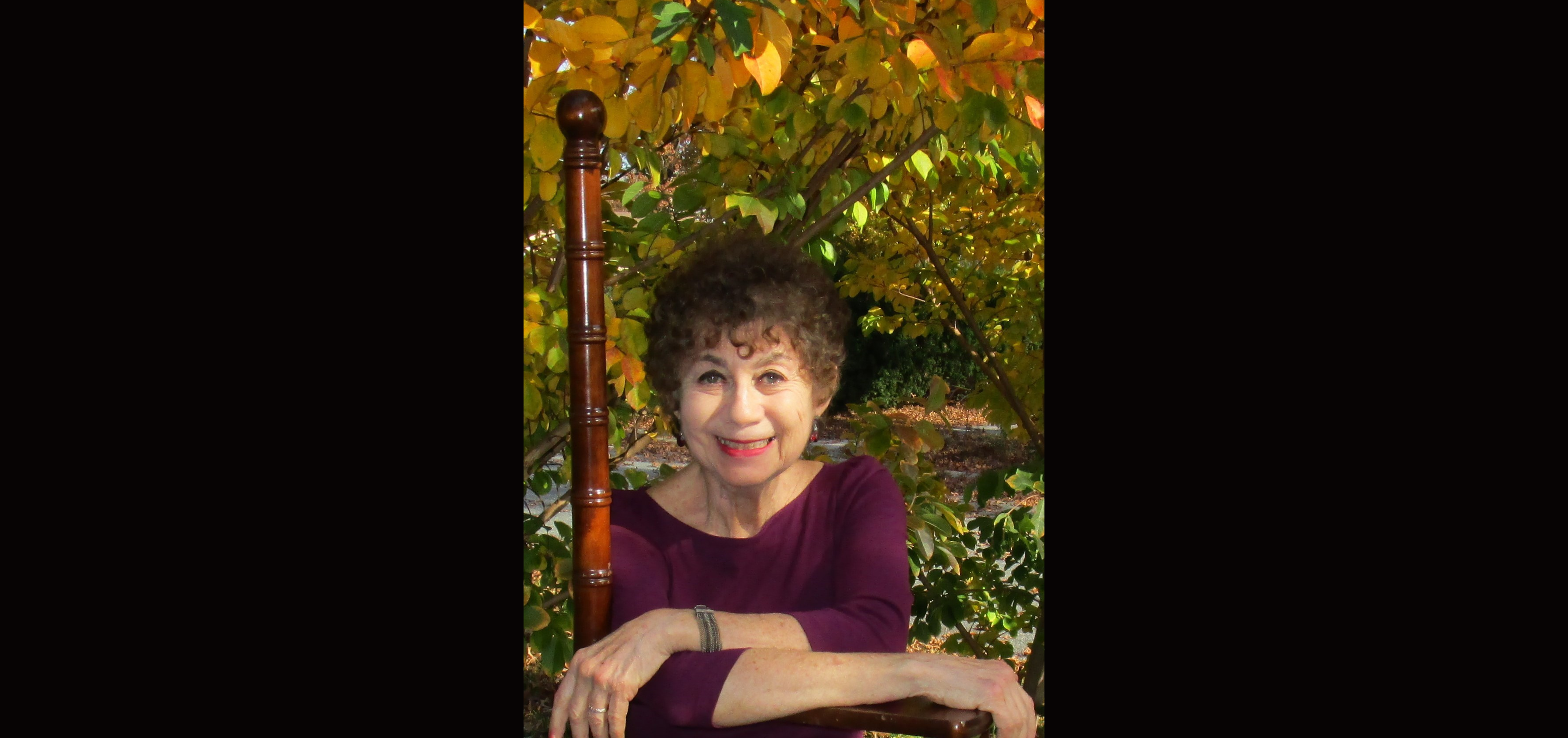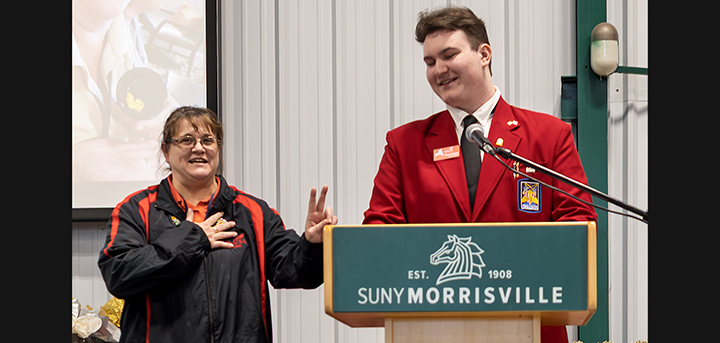Tilting At Windmills: The REAL Language Of Flowers
Published:
January 27th, 2023
By:
Shelly Reuben

My name is Celeste Ballantine.
I am an actress and an educator, and my life has always been about appearance. I see each day as a play, and I feel an obligation to be beautiful for those who take the time to attend my performances. However, it was only after I spent three days surrounded by flowers that I realized members of the audience have an obligation to be beautiful, too.
I am 28 years old, slender, with pale freckled skin, green eyes, and red hair. I speak four languages, and teach music and theater at the Middleton High School. Our drama department, which I head, is endowed by Charles Ransom Henshaw, a semi-retired inventor and entrepreneur. He pays all of the expenses incurred during the productions of our school’s winter plays and spring musicals.
Charles Henshaw is heir to a fortune amassed in the early 20th Century, before income tax. He also inherited the family estate, which he converted (876 acres and conservatory) into public gardens, reserving the house and surrounding 15 acres for himself.
Although Mr. Charles isn’t much interested in our plays, he is as much a fan of mid-twentieth century musicals as I am, and he likes to get involved in selecting the ones we will produce. So, over the years, he and I have become, if not friends, quite friendly.
But it wasn’t until the year we produced My Fair Lady that I became familiar with the Henshaw Botanical Gardens. During one of our discussions, I laughingly suggested that to create a tie-in with our musical, he should set up an area of the conservatory with the variety of flowers that Eliza Doolittle would have sold at Covent Garden during act one,.
I had only been joking, but Mr. Charles thought it was a great idea, and next thing you know, simultaneous with my kids performing My Fair Lady, an exhibition called “My Fair Flowers” was opening in his gardens, with an area of the conservatory arranged to resemble a London flower market circa 1913.
Both the garden extravaganza and my spring musical were smash hits. So much so that we had to add three performances after what was supposed to have been our closing night.
Now a little more about myself, because – given my background as an actress and my position in the drama department – I am something of a public figure.
Despite contemporary tendencies for both staff and students to attend school in blue jeans and T-shirts, I come to work wearing make-up, jewelry, stylish dresses, and high heels. I tell my classes that as their teacher, it is my job to inspire them to demand more from themselves, and to give more of themselves.
“Image,” I often say, “is not about façade; it is about outward presentation of inner glory.”
But I seem to have wandered far afield, because what I really want to talk about is flowers.
What happened was this: Although Mr. Charles has very little to do with day-to-day operations at the Henshaw Botanical Garden, during a recent health crises, when half of the staff and all of the volunteers called in sick, the garden administrators, in a panic, appealed to him for help. In turn, he got on the phone and explained the situation to me.
“Celeste,” he said urgently. “I don’t want to disappoint our ticket holders by closing over the weekend, so can you help out?”
“Sure, Mr. Henshaw. What do you need?”
“A few days of your time in the conservatory.”
“But I don’t know anything about plants.”
“You won’t have to. If a visitor asks where the bathroom is, tell him. If he want to pick a flower or step onto a flower bed, stop him. That’s all you’ll have to do.”
“Where?”
“In the conservatory. You can choose. We have a room for tropical plants. A desert chamber. An orchid area, and...”
“Eternal Spring,” I said, quoting a description from one of his brochures. “I want to work in Eternal Spring.”
So that is why, a few weeks back, I spent three days being entertained by a large chorus of tulips, daffodils, irises, narcissus, roses, hyacinths, crocuses, and cosmos. Before the doors to the conservatory opened at 10:00 a.m., it was just me, the flowers, their intoxicating scents, and their beauty. But after ten, those who had paid $20 for the privilege of examining greenery and blooms began to pour in.
The first group to invade consisted of four adults, all avid gardeners and/or amateur botanists with years of experience, spitting out the Latin names of plants like watermelon seeds. Really, truly, they were a weedy bunch, and they pretty accurately typified dozens of others to follow.
In my mind, I called each of the women a “Myra.” They wore flat shoes that looked like inverted mushroom caps, with gaps between the bottoms of their baggy trousers and ankles that revealed thick hairs on pasty white legs. Sackcloth-and-ashes-looking tops hung loosely over bulging tummies. Their hands were rough, with blunt-cut nails, and they wore no makeup over faces with sour expressions, un-plucked eyebrows, and lank, uncombed hair.
The men, each of whom I thought of as a “Farley,” had oddly similar wardrobes, although many wore cargo pants with multiple pockets. Their faces were bearded or unshaven, their pores were large and black, their eyebrows were shaggy, and all, young and old, had untrimmed hairs protruding from wide nostrils and chapped ears.
These, thank heavens, were not our only visitors. Following or preceding them were clusters of nicely dressed families who oohed and aahed at the beauty of a cyclamen, a Johnny jump up, or a primrose. All made a point of thanking me (as if I’d had anything to do with it) for the beautiful displays they had been “privileged to visit.” And their children were enchanting. Despite Mr. Charles’ directive to keep visitors out of flower beds, when one delightful pixy leaned over to kiss a purple violet and whisper “I love you!” into its ear, I did not stop her.
The Weedy Ones, however, with their superior voices and know-it-all manners, continued to offend. They peered, sniffed, appraised, and under their breaths, muttered compliments that sounded like insults:
“Elegant Giuseppe Verdi Tulipa with variegated red and white petals.”
“Exquisite semi-erectus Hyacinthus Orientalis.”
“Observe the delicate fern-like leaves on the stunning Asteracae bipinnatus.”
Nevertheless, it was not until a third cluster of these overbearing enthusiasts entered Eternal Spring that I realized the affronted voices I was hearing were not in my head (they’d been saying what I had been thinking) but were coming from the pretty petaled populace to my right and to my left. Loud. Indignant. Rebellious. Often interrupting each other in their rush to have their say ... even if I was the only human in the room who could understand them.
“How rude of that grubby man to lean so close. I could smell his body odor, and now I need a bath!”
“The horrible creature in the overalls just called me a primula vulgaris!”
“Did you ever see such ugly shoes?”
“She has hairs growing out of her chin!”
“Someone should tell her about moisturizers and lip gloss.”
“Hairbrushes and combs.”
“Or, for heaven’s sake, a least deodorant!”
There was, of course, more flower-chatter throughout the day. Most of it complimentary, about visitors who wore nice clothes, brightly colored scarves, smelled sweetly of aftershave or cologne, and brought grace and charm with them into the garden.
But about the Weedy People, the flowers remained vociferous. One summed up their resentments by saying, “They are as sour and unkempt as an abandoned garden. As if none has bothered to be fertilized, pruned, watered, properly fed or sprayed, since their worlds began.”
Mr. Charles was very kind about the three days that I had volunteered in his gardens, and he continues to show his gratitude for our friendship in multitudinous ways.
So nothing in my life has really changed.
Except that I have mastered a fifth way to communicate, and can speak the language of flowers.
In so doing, I learned something I never knew before. That when we go to a botanical garden to admire our carbon dioxide-breathing friends – who do everything in their power to be beautiful – they are also looking at and judging us. And for their sakes, as well as for our own, we should at least try to be beautiful, too.
Copyright © Shelly Reuben, 2023. Shelly Reuben’s books have been nominated for Edgar, Prometheus, and Falcon awards. For more about her writing, visit www.shellyreuben.com
Author: Shelly Reuben - More From This Author
Comments








